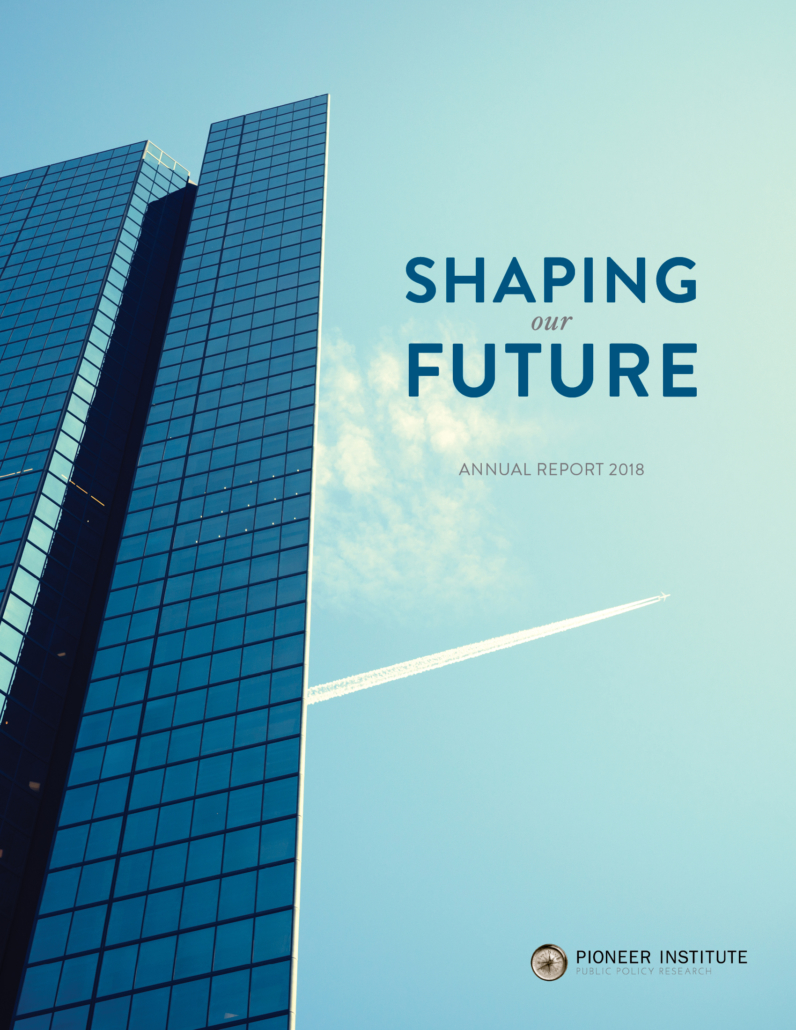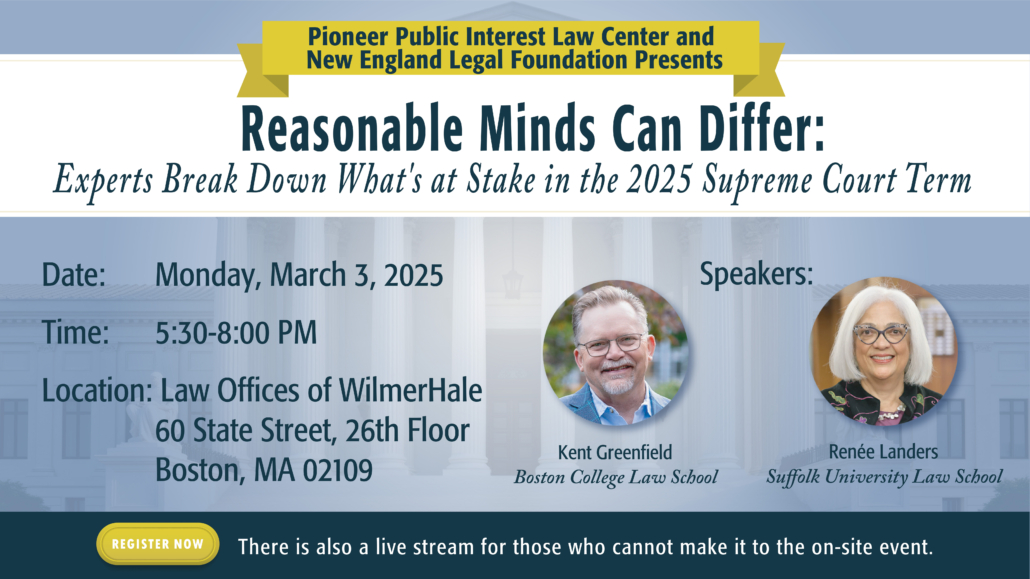Presenting Pioneer’s New Annual Report: “Shaping Our Future”
/0 Comments/in Blog /by Editorial StaffWe at Pioneer Institute work every day to promote policies that result in better school options, broader access to affordable healthcare, improved public services and infrastructure, and a more attractive climate for innovators and capital.
In Pioneer’s 2018 Annual Report (available to download or view online here), we share our work to drive this agenda in the Commonwealth and across the country. We share progress at the MBTA, even as much work remains. And we share success in expanding economic opportunity.
In this report back to you, our community of supporters, we change our format to focus on impact. We do this understanding that we cannot control the future any more than one controls one’s luck. In “Shaping Our Future,” we aim to show how we’re working to shape probabilities for success, with an emphasis on liberty and giving more individuals and families opportunity to pursue happiness.
None of this work and the impact it is having would be possible without you. Pioneer is, as Alexis de Tocqueville put it, a voluntary association of free individuals. Your choosing us, placing your trust in and committing resources to Pioneer, is sincerely gratifying.
If you’re already a member, thank you for your support. If you are not yet, please consider joining today. Your tax-deductible gift will help us continue our work!
Stay Connected!
Recent Research:

Director/Actor Samuel Lee Fudge on Marcus Garvey & Pan-Africanism

Wildflower’s 70+ Microschools, Eight Years Later: Did Matt’s Vision Become Reality?

Pioneer Institute Study Says MA Housing Permitting Process Needs Systemic Reform

Cornell’s Margaret Washington on Sojourner Truth, Abolitionism, & Women’s Rights

UK Oxford & ASU’s Sir Jonathan Bate on Shakespeare’s Romeo and Juliet & Love
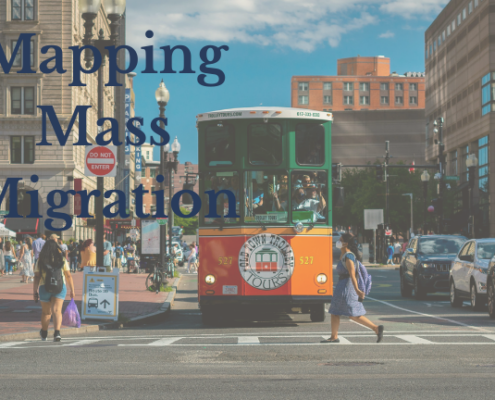
Mapping Mass Migration – New 2024 Census Estimates Show Surge in Population Growth, With Considerable Caveats
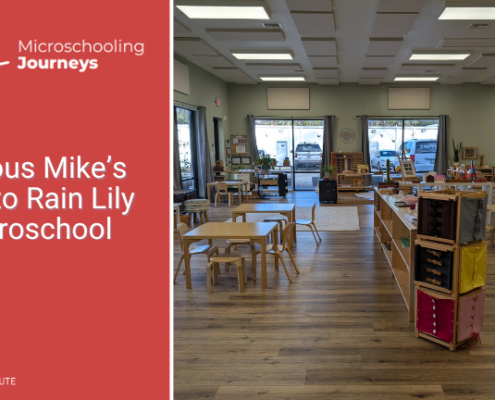
Curious Mike’s Visit to Rain Lily Microschool

Steven Wilson on The Lost Decade: Returning to the Fight for Better Schools in America

Study Finds Bump in State Population Due to Changes in Census Bureau Methodology

The House Call – Accessory Dwelling Units are Officially Legal Statewide in Massachusetts
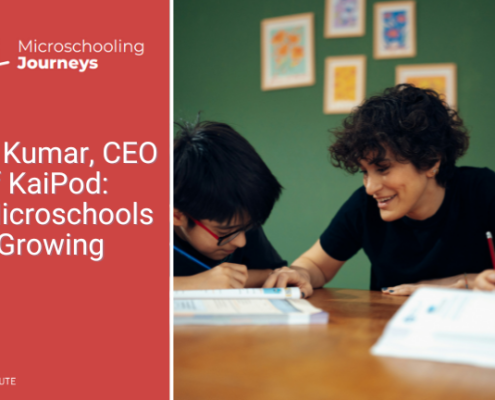
Amar Kumar, CEO of KaiPod: 70 Microschools and Growing

U-Pitt.’s Marcus Rediker on Amistad Slave Rebellion & Black History Month
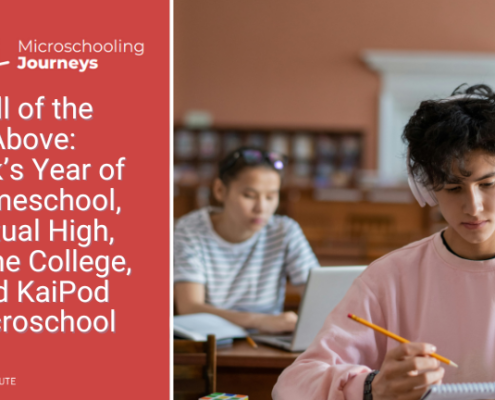
All of the Above: Nick’s Year of Homeschool, Virtual High, Online College, and KaiPod Microschool

Notre Dame Law Assoc. Dean Nicole Stelle Garnett on Catholic Schools & School Choice

Pioneer Institute Study Compares MA Workforce Development System to Those in Peer States

Alexandra Popoff on Vasily Grossman & Holocaust Remembrance

Navigating Personalized Learning: Meghan’s Role as a Guide at KaiPod Microschool



